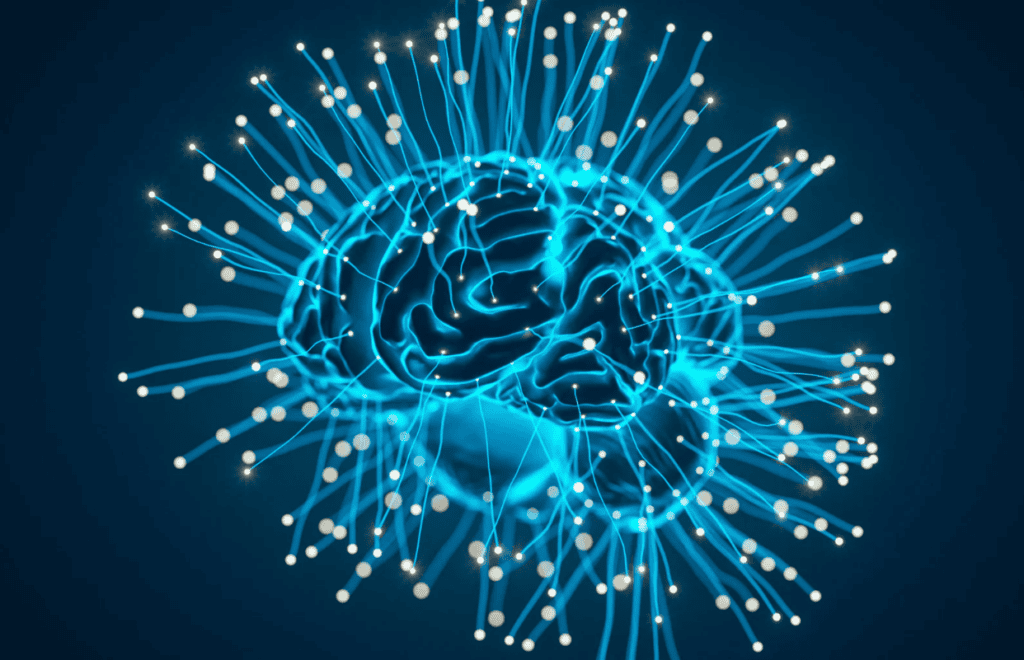In today’s rapidly evolving technological landscape, parents and families face the daunting challenge of navigating sophisticated devices, algorithms, and screen-time temptations. At the forefront of this conversation is Dr. John Leo Grimani, a behavioral neurologist, neuropsychologist, and public health policy advocate who introduced us to the Triune Brain Approach.
Leading the LionHeart Family Institute alongside trusted colleagues Dr. Elizabeth Montgomery and Dr. George Pettas, DO, he draws on decades of research into how the brain’s “primitive,” “emotional,” and “rational” systems shape our relationships, especially within the family unit.
1. Roots in the Triune Brain and AP Psychology
Dr. John Leo Grimani’s unique perspective arises from his background as a graduate of Oxford Medical School and Bogomolets National Medical University, where he served as a teaching fellow.
Having studied under the late Ukrainian neuroscientist Oleh Hornykiewicz, known for groundbreaking discoveries on dopamine’s role in movement and mood regulation, Grimani applies these insights to modern challenges. These challenges include screen addiction, manipulative tech designs, and the hidden emotional costs of navigating digitized relationships.
At the heart of his framework is the “triune brain approach” or triune brain model—commonly cited in AP Psychology—which conceptualizes our neurology as three interconnected layers:
1. Primitive Brain (Reptilian Complex): Governs basic survival instincts, driving fight-or-flight responses and reflexive behaviors.
2. Emotional Brain (Limbic System): Manages feelings, bonding, motivation, and reward.
3. Rational Brain (Neocortex): Oversees planning, critical thinking, moral judgments, and higher-level cognition.
According to Dr. John Grimani, families thrive when parents grasp how these three “brain languages” interact in daily life—especially under stress or when faced with negative media messaging.

2. The Three Brain Languages of Relationships
At the LionHeart Family Institute, Grimani collaborates with Dr. Elizabeth Montgomery, noted for her integrative counseling methods, and Dr. George Pettas, DO, who specializes in the psychosomatic connections between physical health and emotional well-being.
Under this triune brain approach, each “language” can unify or fracture family relationships:
– Primitive Brain (Survival Mode): Routine conflicts around chores or discipline can trigger fight-or-flight instincts. Grimani’s team encourages mindful de-escalation: neutralizing threats by offering structured emotional “safe zones,” so reflexive behaviors don’t derail rational or faith-centered dialogue.
– Emotional Brain (Limbic System): The domain of love, bonding, and motivation. Through affirmations, spiritual grounding, and empathetic listening, families develop deeper attachments resistant to conflict-driven breakdowns. Dr. Elizabeth Montgomery believes consistent family devotions and shared experiences keep this emotional dimension resilient.
– Rational Brain (Neocortex): The center for planning, moral reasoning, and discernment. Dr. George Pettas emphasizes integrative health practices—balanced diets, good sleep patterns, and structured prayer or meditation—to support children’s developing executive functions and fortify them against manipulative digital environments.
3. The Triune Brain Approach – From Dopamine to Device Overload
Influenced by mentor Oleh Hornykiewicz—renowned for his work on dopamine—Dr. John Leo Grimani has adapted these dopaminergic insights to tackle the addictive potential of modern technology. He notes how social media and gaming platforms exploit dopamine-based reward loops to sustain user engagement well beyond healthy limits.
At the LionHeart Family Institute, families learn to:
1) Set Screen Time Principles: Encourage parents to establish firm digital boundaries, protecting children’s vulnerable emotional and rational brains from overstimulation.
2) Offer Genuine Offline Rewards: Provide family-based “dopamine boosts,” like shared prayer walks or creative challenges, to counter digital cravings.
3) Practice Critical Media Literacy: Integrate biblical values and moral reasoning, so children can analyze messages within entertainment platforms, reducing the risk of “brain rot.”
4. Faith, Family, and Neuro-Informed Parenting
An essential pillar of Grimani’s philosophy is that faith—far from clashing with scientific data—can elevate families’ capacity to adapt to modern pressures. He and his team at LionHeart blend neuropsychological principles with biblical teachings, fostering virtues like empathy, patience, and self-control.
As Dr. George Pettas points out, focusing on spiritual practices and emotional honesty can reduce stress loads, while Dr. Elizabeth Montgomery underscores that moral clarity keeps families from being blindsided by destructive media.
Since the rational and emotional regions of a young person’s brain remain malleable, regularly reinforcing faith-filled “check-ins” or shared devotions cements neural pathways that cling to biblical truths amid digital noise.

5. Looking Ahead: Protecting Against Brain Rot
As technology becomes more immersive—encompassing AI companions or augmented reality—Dr. John Leo Grimani envisions a growing need for families to balance creativity and protective boundaries.
Under the LionHeart Family Institute, he and his trusted colleagues aim to give parents a science-backed, spiritually aligned strategy for preserving children’s moral and mental integrity.
The critical question, Grimani stresses, is whether families will master technology with biblical wisdom—or if digital culture, with its anti-family influences, will master them.
By uniting faith, neuroscience, and forward-thinking strategies, Dr. John Grimani helps ensure families not only survive but thrive, grounded in a rich understanding of how our triune brain shapes every decision—and every relationship.


